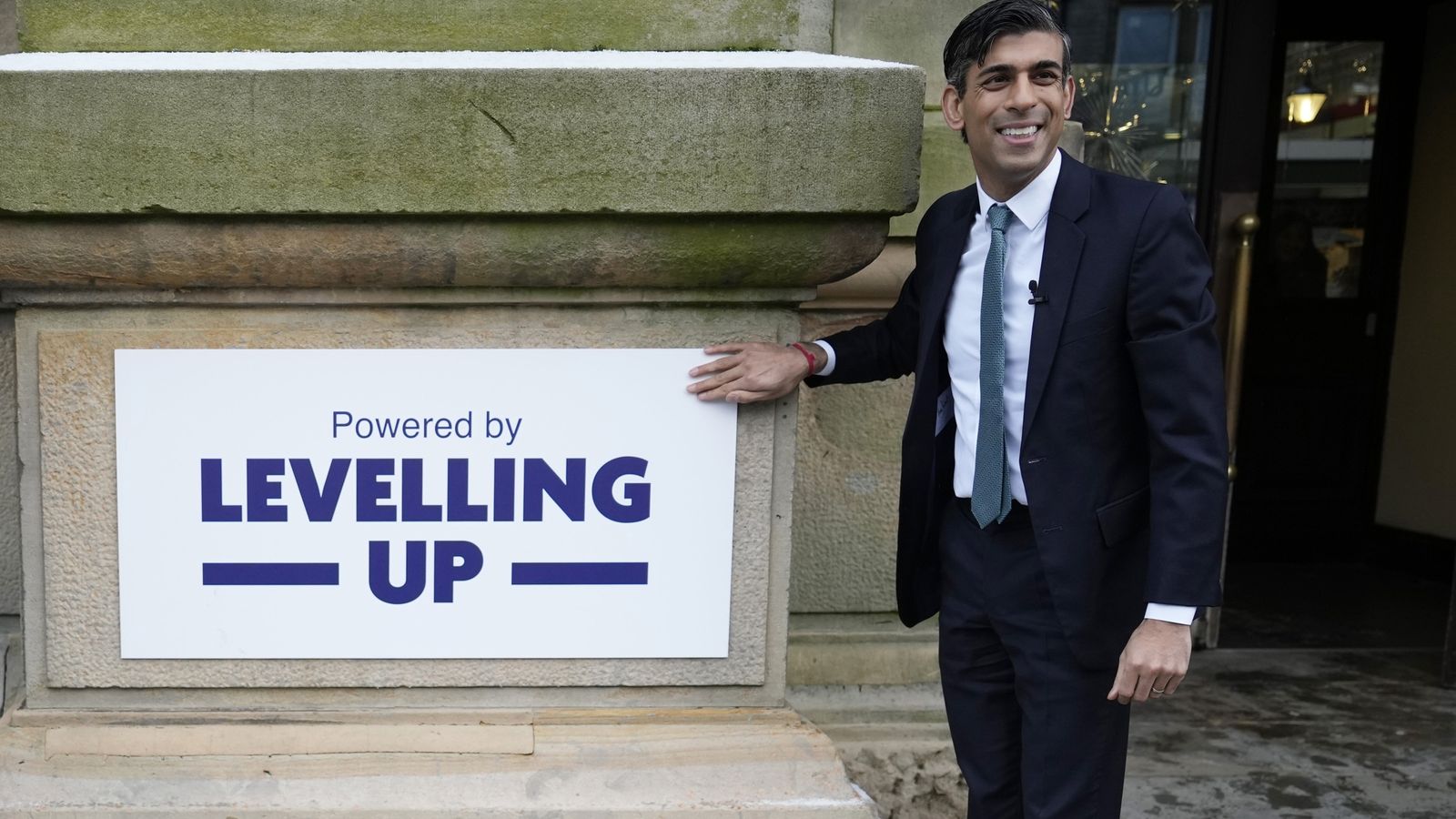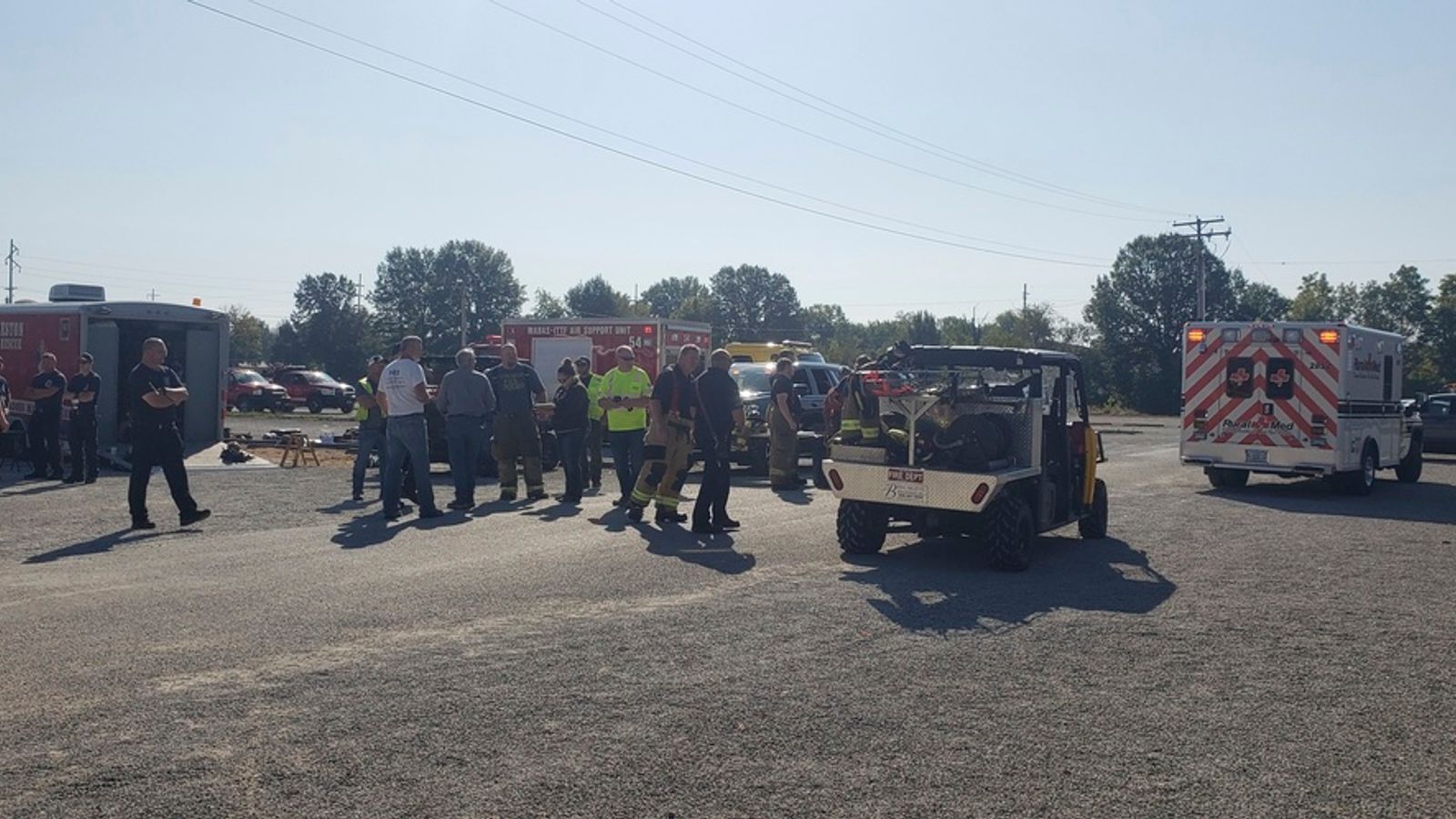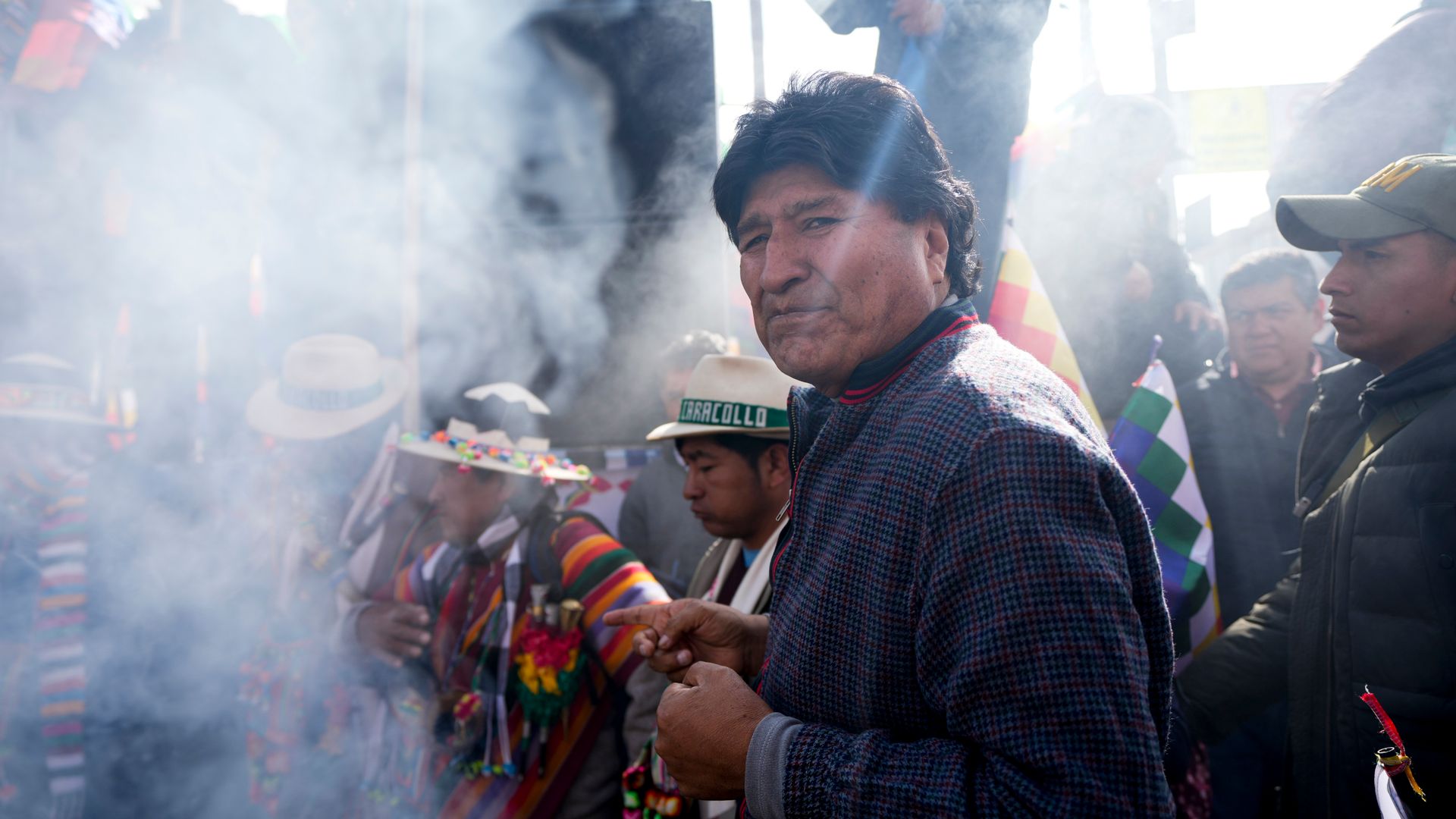Rishi Sunak has unveiled £1bn of levelling up funding to be handed out over the next decade – but most of it is going to constituencies held by Conservative MPs.
And of those which are held by Labour MPs, many have small majorities, including those held by senior members of Sir Keir Starmer’s shadow cabinet.
As the Conservative Party conference starts, the prime minister has awarded £20m over ten years to 55 “overlooked” towns across the UK.
Of these, 34 are in constituencies represented by the Conservatives – or 62% of the locations.
In contrast, the Conservatives hold 54% of the seats in the House of Commons.
Some 16 Labour held areas have received funding – 29% – which roughly matches to the 30% of the parliamentary seats they hold.
The other five areas – 9% of the list – are held by the SNP, which has 7% of seats in Westminster.
Kemi Badenoch says reaching net zero 2050 target must not ‘bankrupt the country’
Rishi Sunak mocked in leaked WhatsApps as grassroots Tories vow to ‘go to war’ with party’s liberals
Chancellor Jeremy Hunt sets out stall to halt ‘vicious circle’ of tax hikes as pressure mounts
Ten of the Conservative seats which are getting money are in the so-called red wall, which proved vital to the party’s 2019 election.
Read more:
Sunak scraps second round of Johnson’s flagship towns fund
Sunak denies favouring the South with levelling up funding
The endowments are set to be used on priorities like reinvigorating high streets, tackling anti-social behaviour, improving transport, boosting visitor numbers and growing the local economy.
Previous allocations of money under the Conservative money have been branded “pork-barrel” politics, as most of the areas set to benefit were held by the ruling party.
Be the first to get Breaking News
Install the Sky News app for free
Watch live each week on Sunday at 8:30am on Sky channel 501, Freeview 233, Virgin 602, the Sky News website and app or YouTube.
Several of the Labour seats getting money are represented by shadow ministers who have slim majorities.
Ashton-under-Lyme, represented by Sir Keir’s deputy, Angela Rayner, had a majority in 2019 of 4,263.
Bilston, which is in Wolverhampton South East, is represented by Pat McFadden, the shadow chancellor of the Duchy of Lancaster, who has a majority of 1,235.
Shadow home secretary Yvette Cooper represents Castleford as part of Normanton, Pontefract and Castleford. Her majority is 1,276.
Most of the Labour seats awarded funds have majorities at or below 10,000. The outlier is Knowsley, which has a majority of almost 40,000.
Ms Rayner, who is shadow levelling up secretary, said: “It takes a special kind of arrogance for a prime minister caught on tape boasting that he had swiped money from ‘deprived urban areas’ to now expect local people to be grateful for a promise to hand a tiny fraction of it back.
“Levelling Up announcements from this government amount to barely more than shiny headlines, chaos and delays.
“While the Tories force communities to go cap in hand to Whitehall begging for their own money back, the next Labour government will spread power, wealth and opportunity to all parts of our country.
“We will grow our economy by harnessing the talents, ambition and skills of all British people, and in turn, provide sustainable, long-term funding for councils, and certainty for business to invest. Labour will give these towns their future back.”
The full list of 55 areas getting money is as follows:
Mansfield
Boston
Worksop
Skegness
Newark-on-Trent
Chesterfield
Clifton (Nottingham)
Spalding
Kirkby-in-Ashfield
Clacton-on-Sea
Great Yarmouth
Eston
Jarrow
Washington
Blyth (Northumberland)
Hartlepool
Spennymoor
Darwen
Chadderton
Heywood
Ashton-under-Lyne
Accrington
Leigh (Wigan)
Farnworth
Nelson (Pendle)
Kirkby
Burnley
Hastings
Bexhill-on-Sea
Ryde
Torquay
Smethwick
Darlaston
Bilston (Wolverhampton)
Dudley
Grimsby
Castleford
Doncaster
Rotherham
Barnsley
Scunthorpe
Keighley
Dewsbury
Scarborough
Merthyr Tydfil
Cwmbrân
Wrexham
Barry (Vale of Glamorgan)
Greenock
Irvine
Kilmarnock
Coatbridge
Clydebank
Dumfries
Elgin
The Department for Levelling Up, Housing and Communities said towns had been allocated funding according to the levelling up needs index, taking into account metrics covering skills, pay, productivity and health, as well as the index of multiple deprivation, to ensure funding goes directly to the towns which will benefit most.
Mr Sunak, said: “Towns are the place most of us call home and where most of us go to work. But politicians have always taken towns for granted and focused on cities.
Click to subscribe to Politics at Jack and Sam’s wherever you get your podcasts
“The result is the half-empty high streets, run-down shopping centres and anti-social behaviour that undermine many towns’ prosperity and hold back people’s opportunity – and without a new approach, these problems will only get worse.
“That changes today. Our long-term plan for towns puts funding in the hands of local people themselves to invest in line with their priorities, over the long-term. That is how we level up.”








